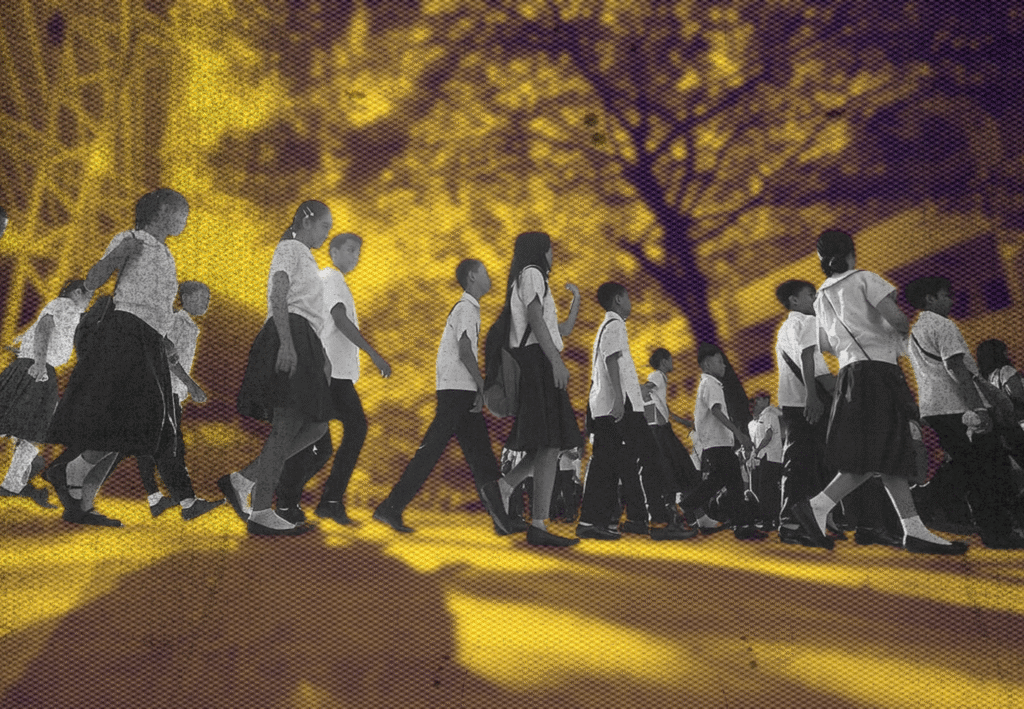Rappler’s review checks K to 12 and revised Senior High School program, confirms continuing failure of basic education system

CHEERS TO Rappler’s Bonz Magsombol for his recent reports on the Department of Education’s (DepEd) revised K to 12 curriculum. The new program aims to enhance opportunities for employment for Senior High School (SHS). The report raises questions reflecting the need for a long-term perspective on the issues of education in the country.
Other media organizations focused only on President Ferdinand Marcos Jr.’s statements, expressing dismay over the “failure” of the SHS curriculum in the previous years.
Rappler’s Magsombol offered a detailed look at the revised K to 12 program an informative video explainer published on June 15, a day before the start of classes. Magsombol first presented the information in his May 19 report, which covered DepEd’s announcement of the new program.
Magsombol said that a total of 889 schools nationwide, with 615 public schools and 274 private schools, have piloted the new SHS curriculum for the new school year.
The revised program has decongested the curriculum from fifteen core subjects to only five core subjects. Core subjects are required for SHS students. Grade 11 and 12 students are now free to choose their desired electives aside from their required subjects to improve their core competencies.
Magsombol further reported that the reduction of four SHS tracks, which included Academic, Technical-Vocational-Livelihood (TVL), Arts and Design, and Sports, to only two: Academic and TechPro.
Students are no longer required to take up all electives in their chosen track, but they are recommended to enroll in 30 hours of classes in a week.
Magsombol’s other report published on June 16, the first day of classes, took up the perennial problems of public education in the country: the shortage of 165,000 classrooms across the country, inadequate funds, and the poor academic performance of Filipino students, the dismal results from the K to 12 program with unemployable graduates.
Magsambol notes the effort to decongest curricula so students can focus on basic core subjects. He calls attention to the continuing state of neglect, long-standing deficiencies that hold back the impact of revisions designed to improve student learning.
At the risk of repetitive reports, the media must continue to call attention to the failure of the educational system. In Southeast Asia, the country’s education system ranks among the lowest, in the company of countries that had long been ravaged by war and conflict. Indeed, Vietnam has begun to show impressive signs of upgrading its education system, and it could soon outrank the Philippines.
It may be necessary for journalists to review the “Ed Com II” reports and the comprehensive recommendations these contain. A third report is due to be released.
Media should refer to these reports in their interviews with DepEd officials to find out if there are plans at all to act on the significant recommendations made by the Commission.
Journalists should make sure that the findings and recommendations are not simply ignored. The public should know and assess for themselves the government’s resolve, or lack thereof, to act on the shameful state of Philippine education.
Leave a Reply